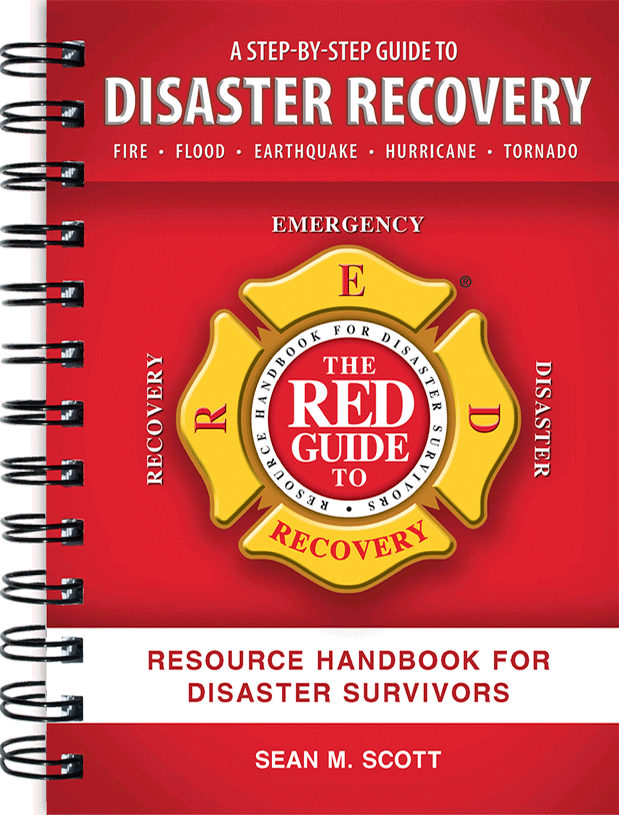Interstate Restoration Jetting to Rescue in Caribbean

Interstate Restoration, which had already expanded its capacity to accommodate victims of the biggest one-two hurricane punch in U.S. history, has now set into motion plans to respond to clients impacted by Hurricane Maria.
The Category 5 storm particularly devastated the islands of Puerto Rico, St. Thomas, St. Kitts and St. Martin, all of which contain properties owned by clients of Interstate Restoration. The damage from Hurricane Maria was so great on those islands, Interstate Restoration estimates that its rebuilding-and-recovery activities in the Caribbean Sea could translate into a 5-10 percent increase in annual business for Interstate.
Ft. Worth-based Interstate is one of the leading restoration companies in the U.S., with an anticipated $350 million in revenues this year even before the three hurricanes hit back-to-back-to-back.
“In our 20 years of business, we have never seen anything like this intense period of destruction from Mother Nature,” said Interstate Restoration CEO Stacy Mazur from his office in Denver. “And for the sake of all the people who stand in the path of these events, we hope never to see this kind of storm activity again.”
Interstate also helps businesses get back on their feet after fires, floods, earthquakes and accidents. After ensuring safety, Interstate’s goal is to minimize to the greatest degree the number of days that a business suffers loss of revenue. After storms like Hurricane Harvey, Hurricane Irma, Hurricane Maria and even Hurricane Jose (downgraded to a tropical storm), Interstate often must budget up to 12-18 months for completion of a project with more expansive losses.
Clients who work with Interstate ahead of the storm typically have a chance to prepare and then reduce the amount of time it takes to finish the restoration. Mazur said Interstate already has five established clients with a total of about 13-15 properties that will likely need recovery attention in those four Caribbean islands.
The situation is so dire, access is still limited, but Interstate Restoration has lined up jets to shuttle the personnel, supplies and equipment to the scenes.
“We do what we need to do,” Mazur said. “When you’re talking about people’s lives and their livelihoods, sometimes there are just steps you must take, regardless of costs.”
Looking for a reprint of this article?
From high-res PDFs to custom plaques, order your copy today!






